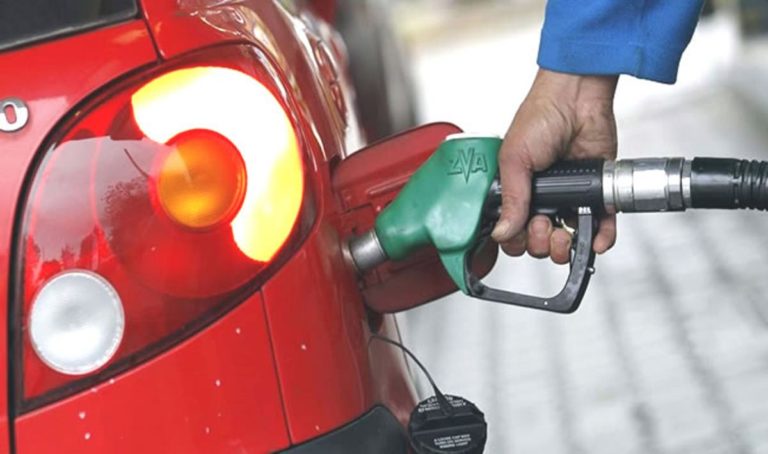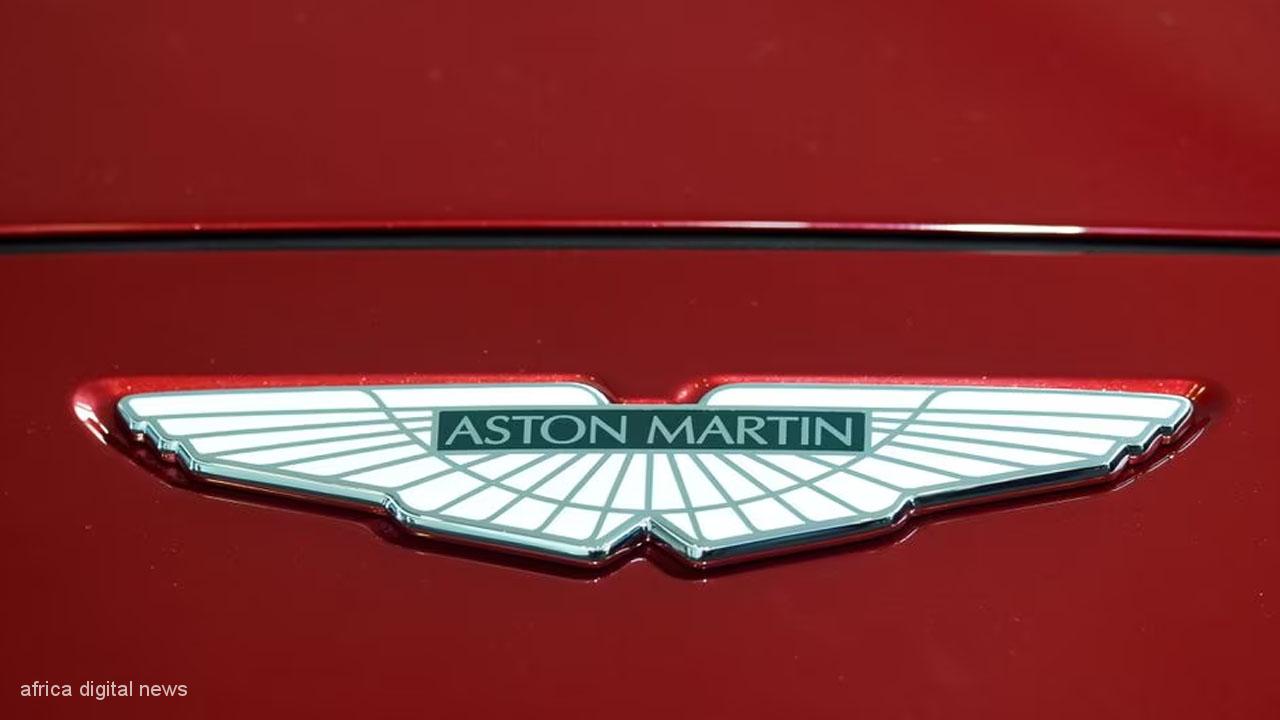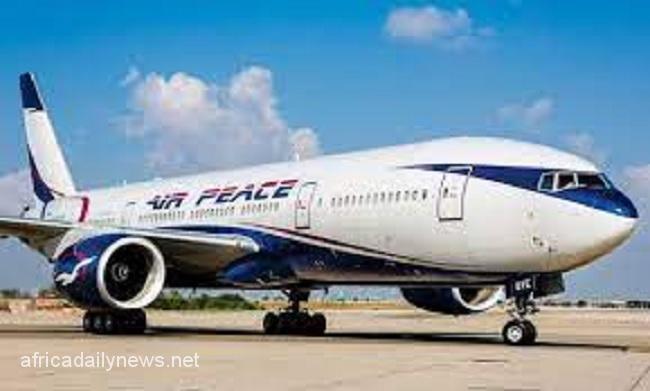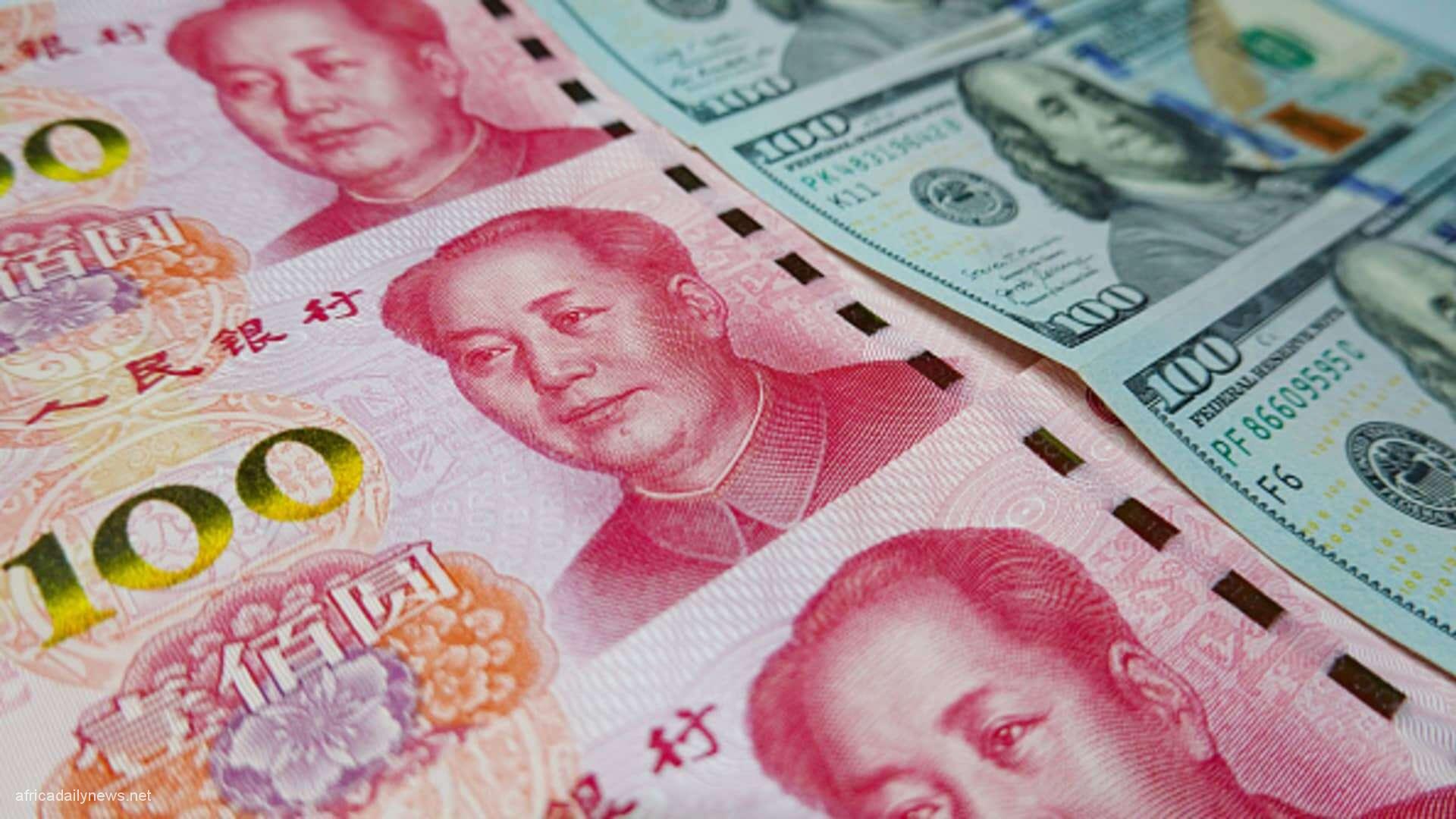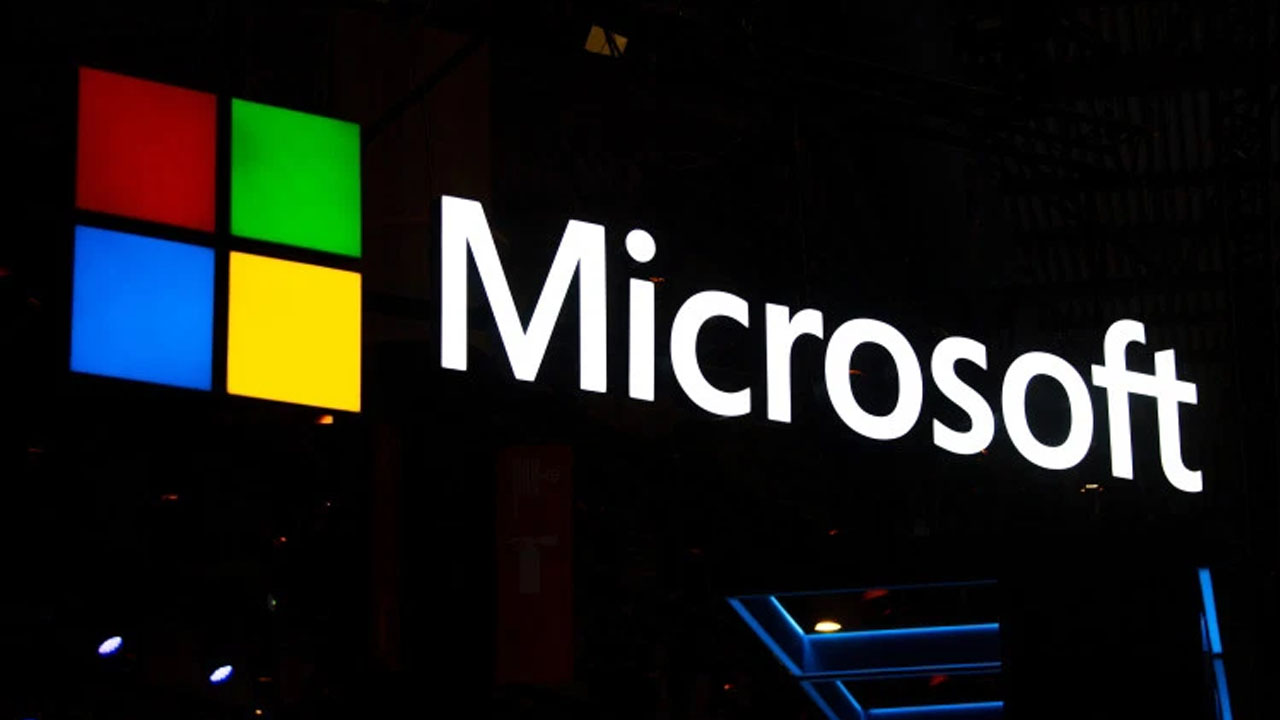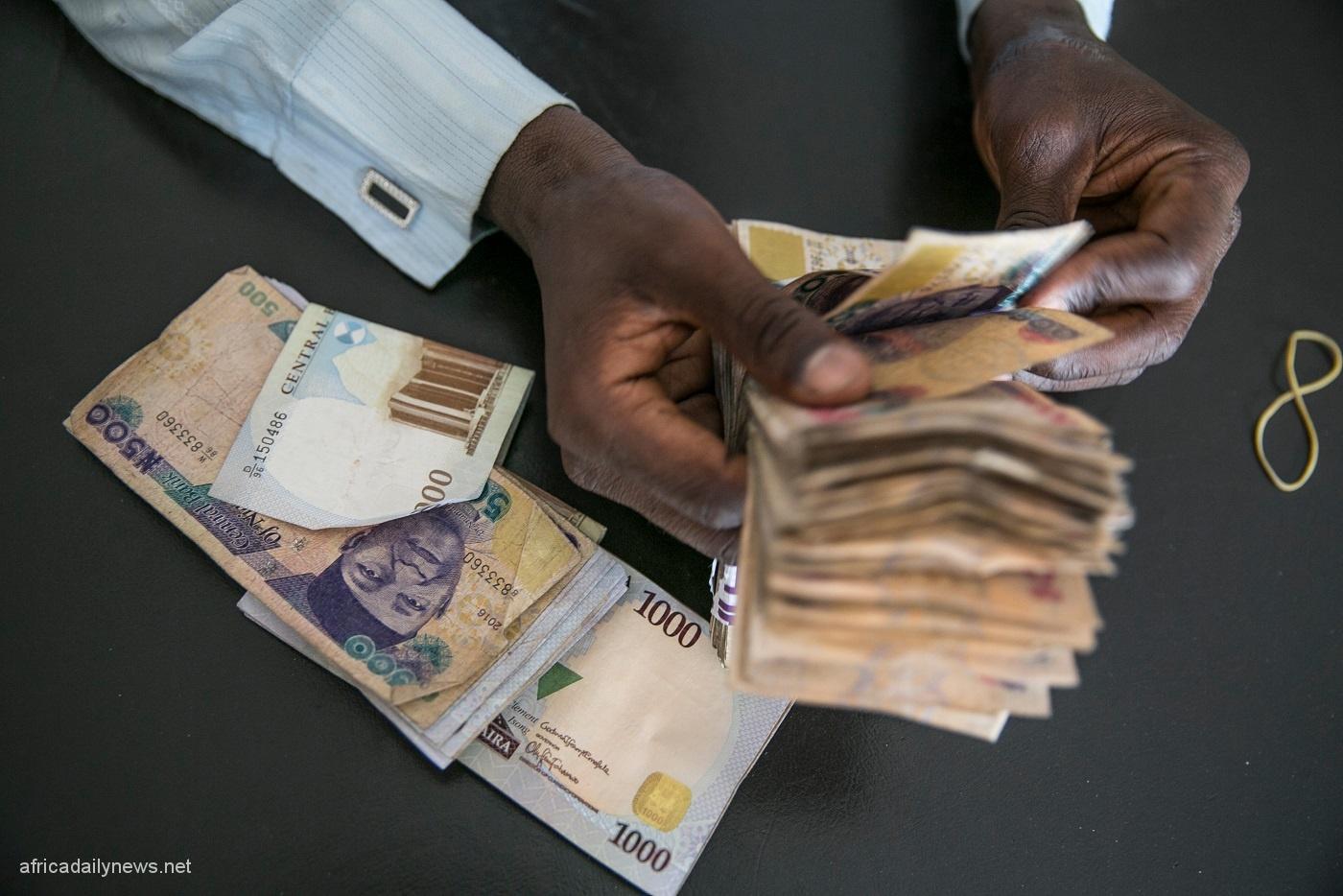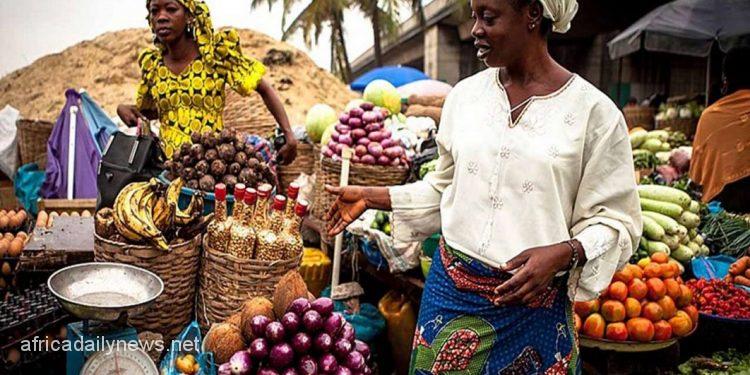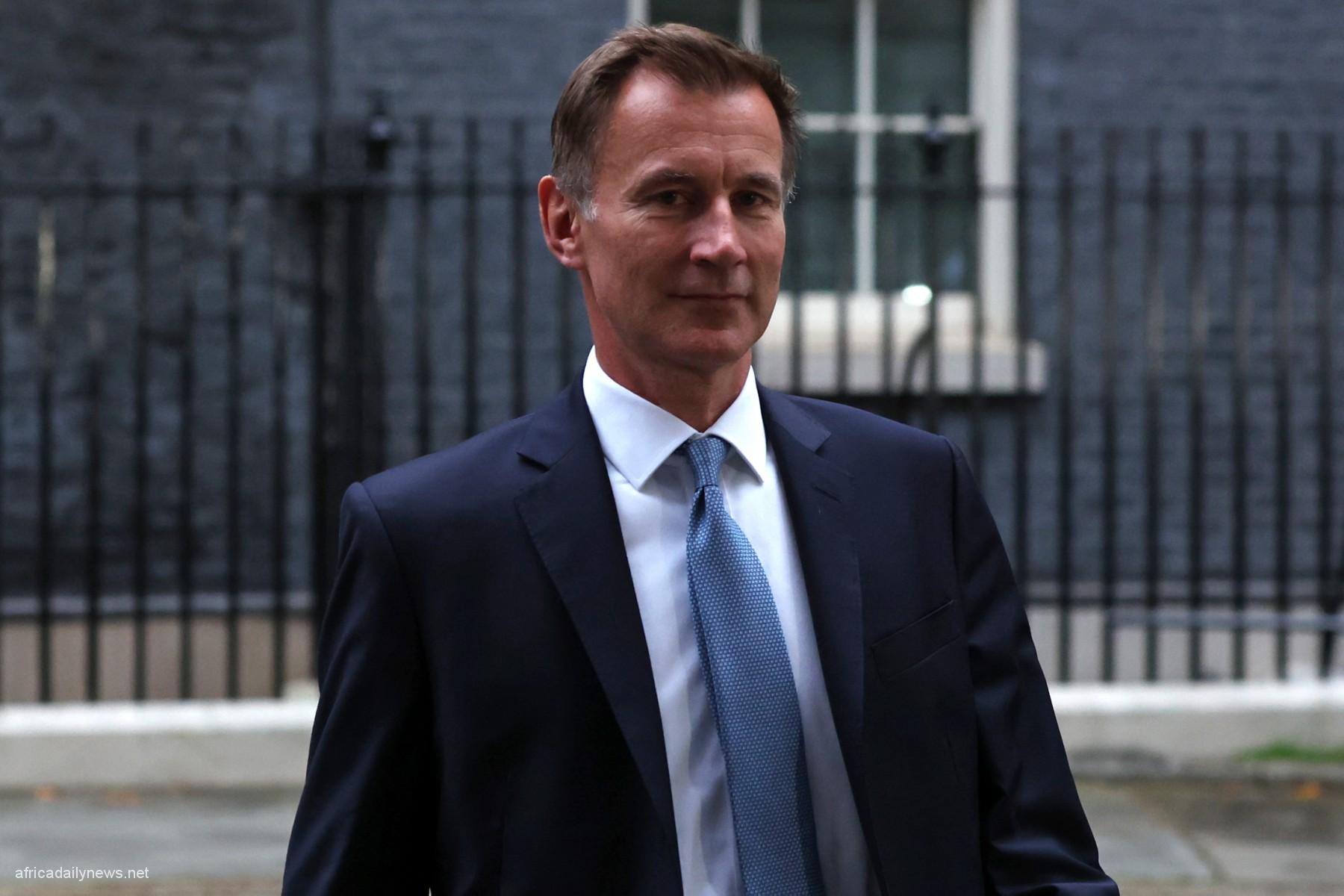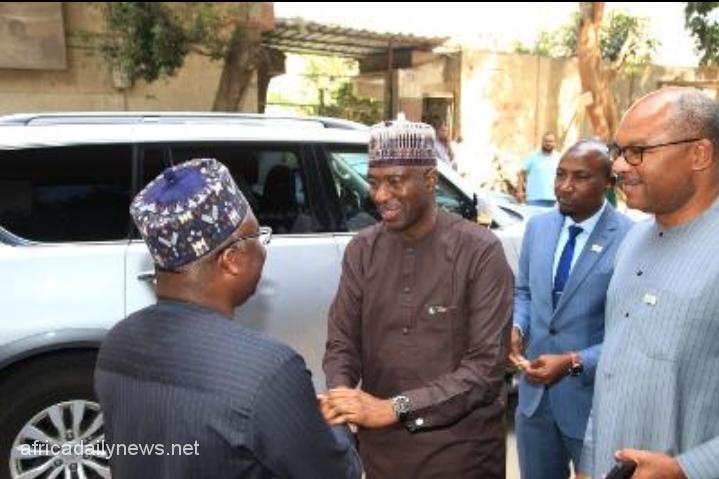Crude oil price accounts for a large chunk of the final cost of petrol, and the deregulation of petrol price by the Federal Government last year means that the pump price of the product will reflect changes in the international oil market.
Going by the petrol pricing template of the Petroleum Products Pricing Regulatory Agency, the landing cost of petrol rose to ₦186.33 per litre on February 16, with the pump price of the product expected to be ₦209.33 per litre.
Read Also: FG Criticised Over Plan To Import Petroleum From Niger Republic
The international oil benchmark, Brent crude, closed at $63.96 per barrel on February 16, up from $59.34 per barrel on February 5.
The rising price of crude oil pushed the cost of petrol quoted on Platts to $560.75 per metric tonne (N163.08 per litre, using N390/$1) on February 16 from $543.25 per metric tonne (₦157.99 per litre) on February 5.
The freight cost increased to $35.41 per MT (₦10.29 per litre) last Wednesday from $30.04 per MT (₦8.74 per litre) on February 5.
The pump price is the sum of the landing cost, wholesale margin and distribution margins. The wholesale margin is ₦4.03 while the distribution margins comprise transporters allowance (₦3.89), retailer (₦6.19), bridging fund (₦7.51), marine transport average (₦0.15), and admin charge (₦1.23).
Apart from the changes in global crude oil prices, the exchange rate of naira to the dollar also affects the cost of imported petrol.
The cost of petrol would be higher if the 410/$1 rate at which the naira closed on Monday at the Investors’ and Exporters’ Foreign Exchange Window was used. The naira closed at 480/$1 at the parallel market.
The Nigerian National Petroleum Corporation, which has been the sole importer of petrol into the country in recent years, is still being relied upon by marketers for the supply of the product despite the deregulation of the downstream petroleum sector.
Oil marketers said recently that they were ready to resume importation of petrol if the foreign exchange was made available to them at a competitive rate.
AFRICA DAILY NEWS, NEW YORK

